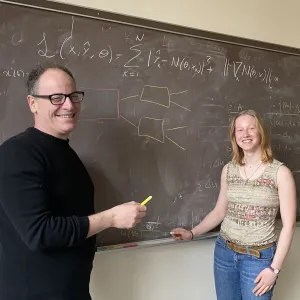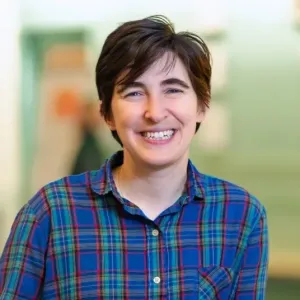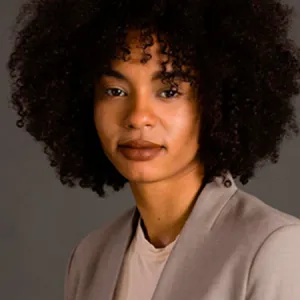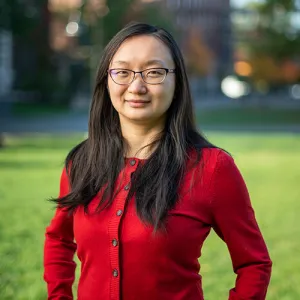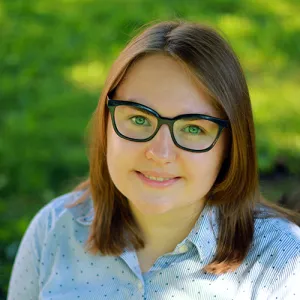Integrative Learning for Faculty & Teaching Staff
Faculty and staff are central to the success of Integrative Learning at Smith. You could explore formal programs as well as informal opportunities, including: curricular development funds, staff support for class projects, access to spaces and facilities, support for guest lecturers or panel discussion, and off-campus connections.
In collaboration with faculty, many centers and collections support concentrations. Some faculty work with centers and collections in support of their own research, or involve students in their research through departmental, divisional, or college programs. For more information or to discuss ideas, reach out to the Associate Dean for Integrative Learning.
Working with Centers & Initiatives
Working with Concentrations
The concentrations are each structured with a faculty and/or staff director and an advisory board. Many concentrations are supported by centers, initiatives, and collections. There are opportunities to join advisory boards, highlight or develop curricular connections between your courses and one or more concentrations, or guide your advisees to relevant concentrations. Reach out to individual directors with any questions or ideas for collaboration.
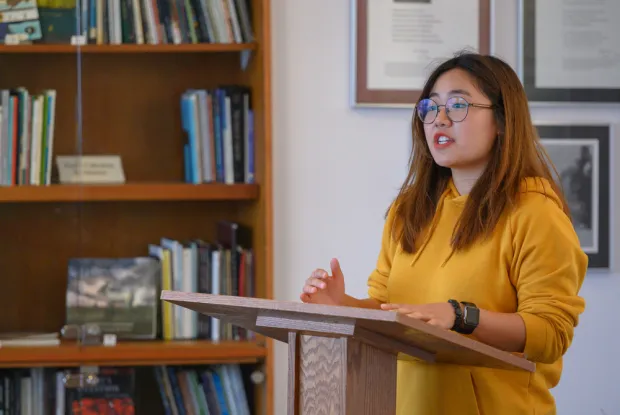
Supporting Undergraduate Research
There are many ways to involve students in your research, or to support students in their development of research skills and their own research interests.
- Cohort programs such as STRIDE, AEMES, and Mellon Mays offer faculty opportunities to mentor individual students or cohorts. Students working with faculty on research during the academic year can get credit through special studies. Some departments incorporate research within the curriculum, either as full courses or modules.
- Faculty leading or participating in projects at the Kahn Institute work alongside students and other faculty on themed interdisciplinary research projects.
- In the sciences, many faculty participate in the Summer Undergraduate Research Fellowships (SURF) program, depending upon their research interests and availability.
- The humanities and social sciences have experimented with lab-based research models, including the recent Humanities and Humanistic Social Science Lab (HSS).
- Faculty from across divisions can also apply for CFCD funding for students to support their own research.
Contact Integrative Learning
Fraser Stables
Associate Dean for Integrative Learning
Professor of Art
Hillyer Hall 207C
Phone: 413-585-3127 Email: fstables@smith.edu
